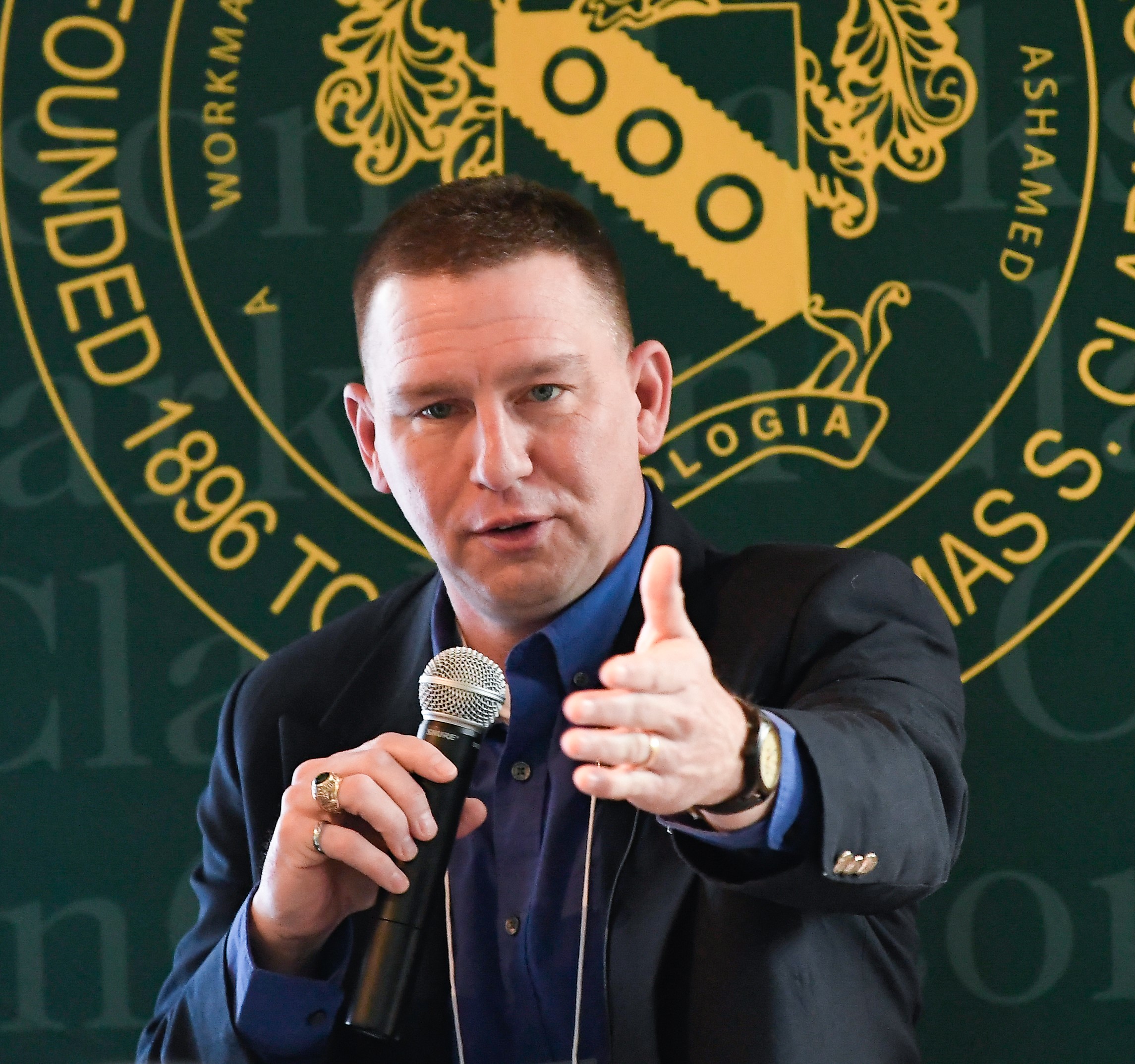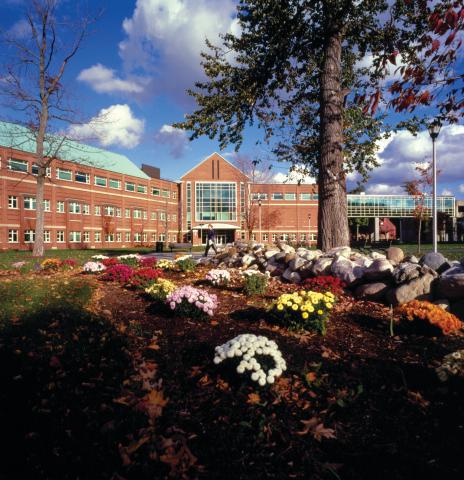The Department of Chemistry & Biomolecular Science is hosting a Seminar with Professor Hong-Cai Zhou, Department of Chemistry, Texas A&M University, will speak on “Pore Engineering of Stable Metal-Organic Frameworks for Heterogeneous Catalysis” Metal–Organic Frameworks (MOFs), as a class of organic-inorganic hybrid materials, have attracted considerable research interest in the past two decades because of their intrinsically porous structures and almost unlimited tunability.1 The exceptional level of structural control at molecular precision has brought new opportunities to heterogeneous catalysis (Figure 1). Despite numerous advantages, the applications of MOFs in catalysis are ultimately limited by their stability under harsh reaction conditions. Therefore, we have been focusing on the development of stable MOFs by the combination of high valent metals with carboxylate linkers, or low valent metals with azolate linkers.2 Along this line, a series of robust MOFs were designed and prepared, which showed extraordinary resistance towards harsh environments such as acidic or basic conditions.3-6 However, the inert metal-ligand bonds posed challenges for the pore engineering of stable MOFs for catalysis. The conventional “one-pot” synthetic method lacks control over the reaction pathways and the products, which essentially limits the construction of robust MOF-catalysts. By judicious kinetic control, we have developed multiple synthetic strategies, which have led to the “total synthesis” approach, through which a target MOF can be retro-synthetically designed and synthesized.7 A series of synthetic strategies have been developed to functionalize stable MOFs by “layer-on” molecular elaborations to preformed coordination assemblies, which together form a synthetic toolbox.8-9 The synthetic toolbox allows the assembly of unique coordination structures that are otherwise difficult to achieve, such as the trans-coordinated metal centers. Furthermore, “total synthesis” of multi-component MOFs was realized by sequentially applying the multiple postsynthetic methods guided by kinetic considerations. These MOFs with high stability and precisely controlled pore environments are critical for a variety of applications in heterogeneous catalysis. Thursday, April 18th, 12:00 PM, Petersen Board Room 330.



